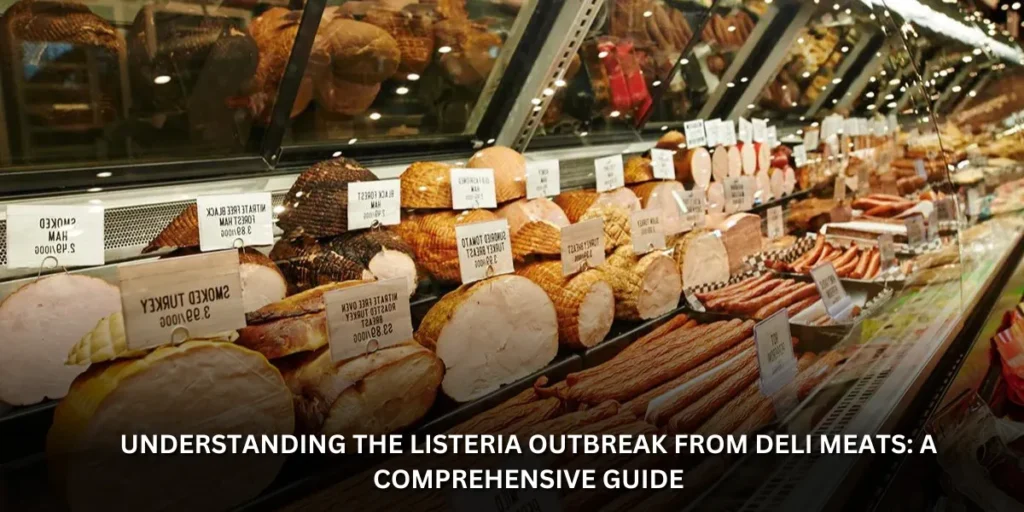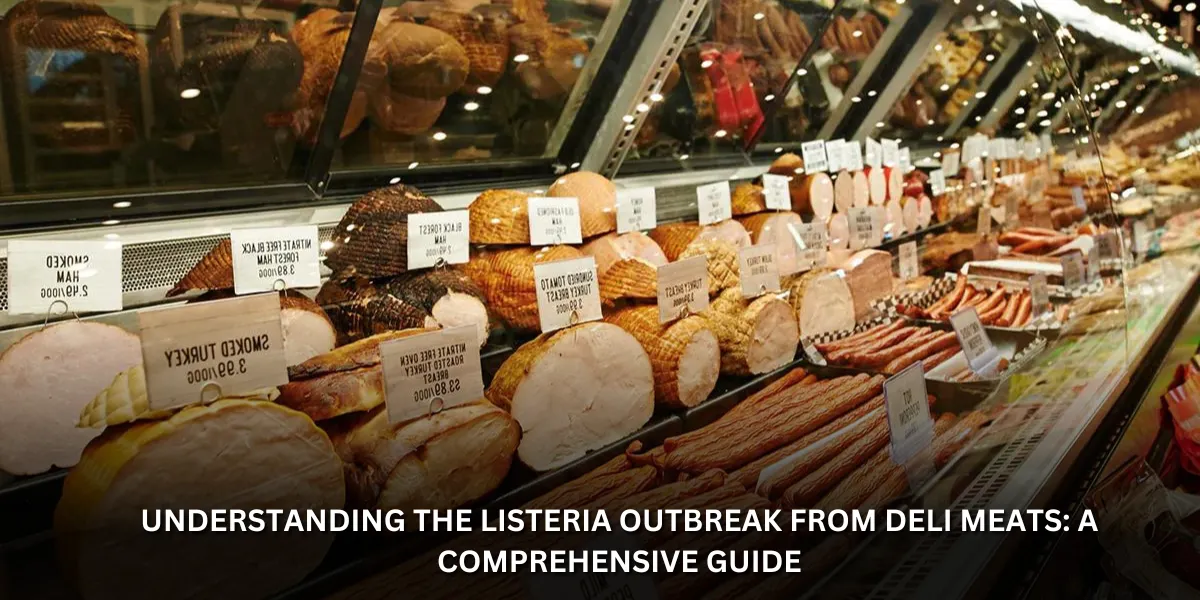
Understanding the Listeria Outbreak from Deli Meats: A Comprehensive Guide
The recent listeria outbreak from deli meats has raised significant concerns among consumers and health officials alike. This article aims to provide an in-depth analysis of the outbreak, its causes, the impact on public health, and measures to prevent future incidents. By understanding the nuances of this outbreak, we can better protect ourselves and ensure food safety.
What is Listeria?
The bacterium known as Listeria monocytogenes is the source of listeriosis, a dangerous infection that mostly affects the elderly, expectant mothers, neonates, and people with compromised immune systems.. Unlike many other pathogens, Listeria can thrive in cold environments, such as refrigerators, making it a particularly insidious threat in deli meats and other refrigerated foods.
Symptoms of Listeriosis
Listeriosis can present a range of symptoms, from mild to severe. Common symptoms include:
-
Fever
-
Muscle aches
-
Nausea
-
Diarrhea
In severe cases, the infection can spread to the nervous system, causing:
-
Headache
-
Stiff neck
-
Confusion
-
Loss of balance
-
Convulsions
Pregnant women need to be especially cautious, as listeriosis can lead to miscarriage, stillbirth, or premature delivery.
The Source of the Outbreak
The listeria outbreak from deli meats has been traced to contaminated processing equipment in several manufacturing plants. This contamination can occur at various stages of food production, including:
-
Processing and packaging
-
Transportation
-
Storage
Once Listeria is introduced into a facility, it can persist for years, contaminating products and posing a continual threat to public health.
Impact on Public Health
The recent outbreak has had a profound impact on public health, leading to numerous hospitalizations and fatalities. The Centers for Disease Control and Prevention (CDC) reported several cases across multiple states, prompting widespread concern and stringent measures to control the spread of the bacteria.
Vulnerable Populations
Certain groups are at higher risk of severe illness from listeriosis, including:
-
Pregnant women and their newborns
-
Adults aged 65 and older
-
Individuals with weakened immune systems
For these populations, listeriosis can be particularly dangerous, leading to severe complications and, in some cases, death.
Preventive Measures
Preventing listeriosis requires a multi-faceted approach, including both personal hygiene practices and industry-wide standards. Here are some key measures:
Personal Hygiene Practices
-
Proper Handwashing: Always wash hands with soap and water before and after handling food.
-
Safe Food Handling: Use separate cutting boards for raw meats and ready-to-eat foods.
-
Cooking Temperatures: Ensure that all deli meats are heated to an internal temperature of at least 165°F before consumption.
-
Refrigeration: Keep refrigerators at or below 40°F and clean them regularly.
Industry Standards
-
Regular Inspections: Conduct routine inspections of food processing facilities to ensure compliance with health and safety standards.
-
Sanitization Protocols: Implement strict sanitization protocols for all equipment and surfaces.
-
Testing for Contaminants: Regularly test products and surfaces for Listeria and other pathogens.
-
Employee Training: Provide comprehensive training for employees on proper food handling and hygiene practices.
Government Regulations and Responses
In response to the outbreak, various governmental agencies have taken steps to mitigate the risk and protect public health. The Food and Drug Administration (FDA) and the CDC have issued guidelines and advisories, including:
-
Product Recalls: Immediate recalls of contaminated products to prevent further spread.
-
Public Alerts: Issuing alerts and warnings to inform consumers about the risks and symptoms of listeriosis.
-
Inspections and Audits: Increased inspections and audits of food processing facilities to ensure compliance with safety standards.
The Role of Consumers
Consumers also play a critical role in preventing listeriosis. By staying informed and following recommended safety practices, individuals can reduce their risk of infection. Here are some tips:
-
Stay Informed: Keep up-to-date with recalls and public health alerts regarding contaminated foods.
-
Practice Food Safety: Follow recommended guidelines for food storage, preparation, and cooking.
-
Be Vigilant: Watch for symptoms of listeriosis, especially if you belong to a vulnerable population.
Conclusion
The listeria outbreak from deli meats underscores the importance of food safety and vigilance in both personal and industrial practices. By understanding the risks and implementing preventive measures, we can protect ourselves and our loved ones from this dangerous bacterium.
For more detailed information on food safety and to stay updated on the latest developments, visit the CDC and FDA websites. If you want to read more information about how to boost traffic on your Website just visit The Insider’s Views.
